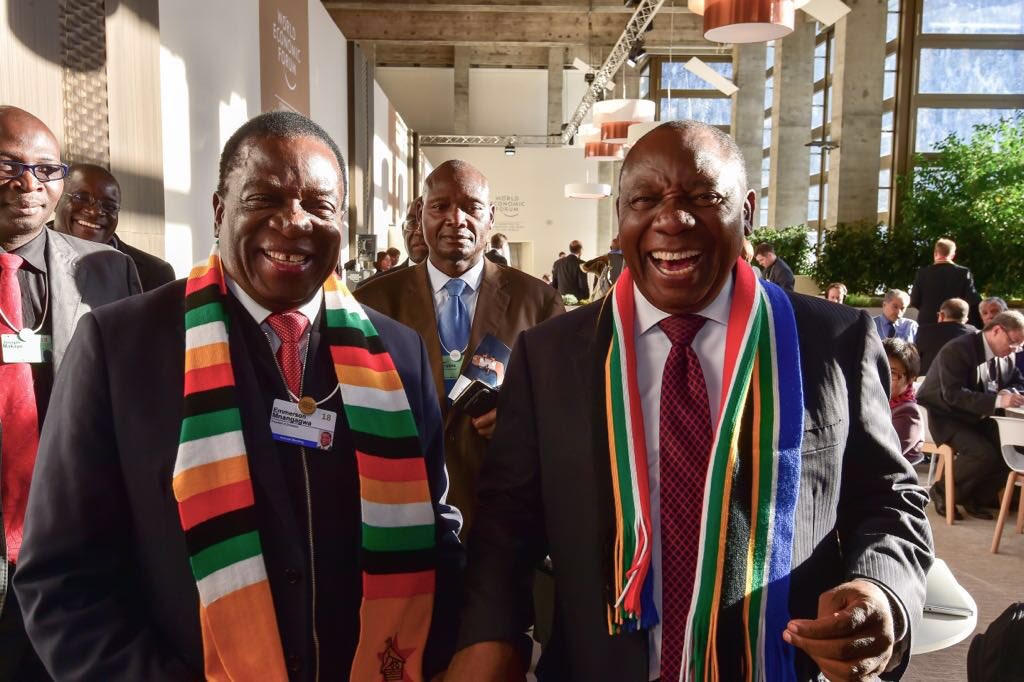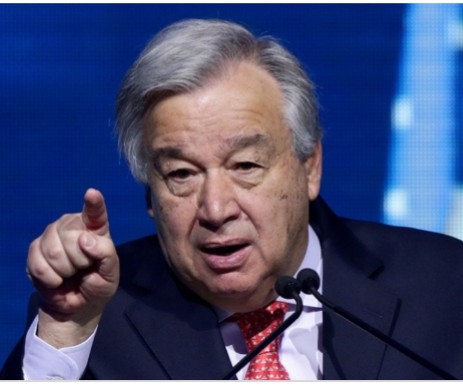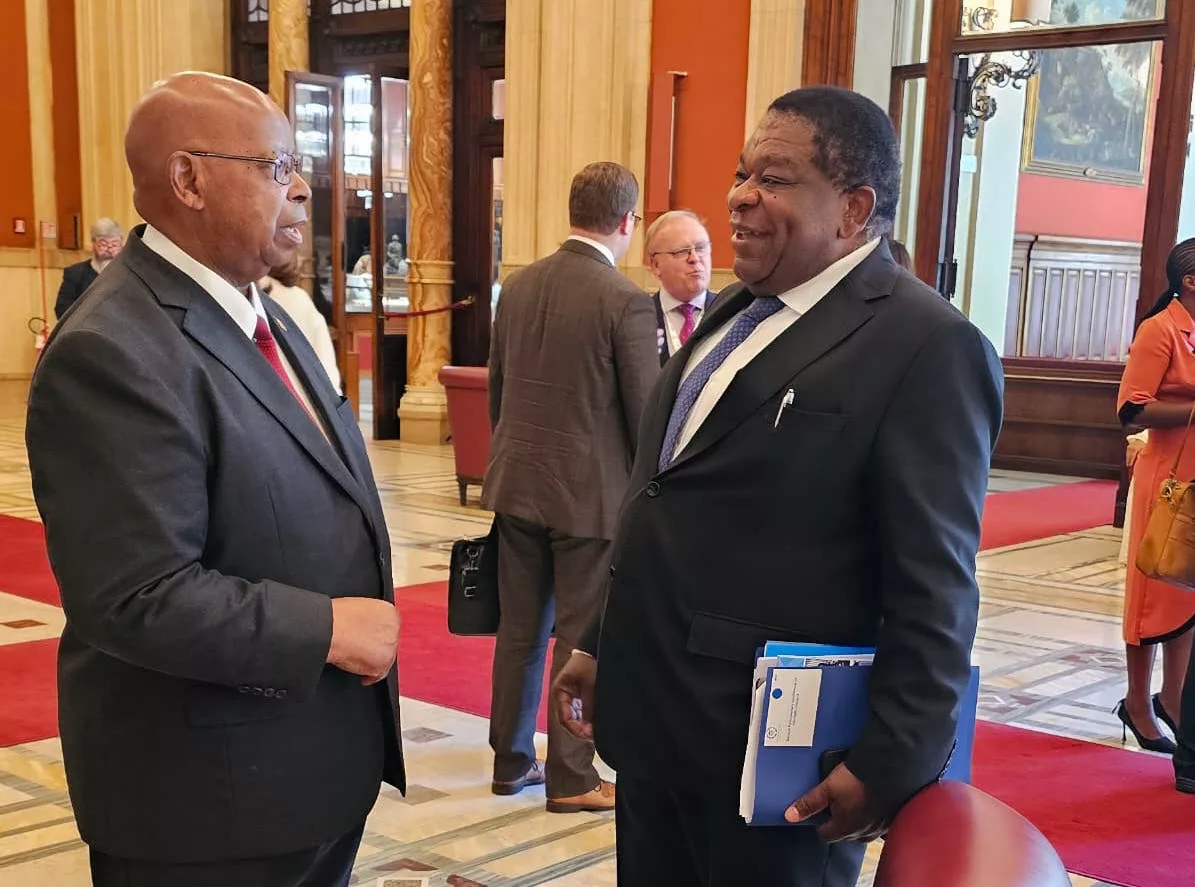By Farai Chirimumimba
It is strange that President Emmerson Mnangangwa is yet to proclaim the actual date of elections, which are five to six months away. By delaying the announcement of the actual date of elections, the government has killed the prestige of the Zimbabwe Electoral Commission (ZEC).
It is normal practice worldwide that the actual election date is announced well ahead of schedule. Electoral democracy does not only speak to voter registration but also to the reasonable announcement of the roadmap leading to the actual election day and post-election.
The roadmap details are however, yet to be shared with other stakeholders
including political parties, a move which led to questioning on issues of transparency and accountability.
The secrecy around the announcement of the actual date and roadmap is a drawback as stakeholders will require adequate time to familiarise themselves with the processes which will take place and mmake necessary preparations. Voters will also need time to familiarize themselves with what is expected of them whilst
political parties also need to be engaged as they prepare their strategies.
Delays over the release of the already-finalised election roadmap raise suspicion over ZEC’s credibility, which already thin further demoralises other stakeholders.
A total of 18 national elections are expected throughout Africa this year. All the serious nations have already announced their election dates except for those that view the actual date as not being part of the electoral process.
A local Non-Governmental Organization that provides information on the work of the Parliament of Zimbabwe and the Laws of Zimbabwe and makes public domain information widely available since last year has been running an election watch series, providing electoral information and its implementation in the run-up to the elections. In its first bulletin in May 2017, Veritas said the elections will likely be held between July 23 or August 21 at the latest.
Veritas said the polling date of the next general elections was determined by what the Constitution says about the duration of Parliament, citing section 143(1), which states that Parliament is elected for a five-year term, which runs from the date on which the President-elect is sworn in and assumes office.
“The President was sworn in on August 22, 2013, so the five-year term of Parliament ends at midnight on August 21, 2018,” the bulletin read. “The earliest
date for polling is July 23, 2018. This is based on section 158 [Timing of Elections], which states that: ‘(1) A general election must be held so that polling
takes place not more than … 30 days before the expiry of the five-year period specified in section143’. “The provisions on the timing of general elections differ from those in the old constitution.
The present constitutional provisions were a deliberate change from the
provisions in the old constitution in which five years was only a maximum
term for Parliament and the President could dissolve Parliament by President. After all timeframe is not the actual date.
For instance Nigeria is set to hold general elections on 16 February 2019. The date was announced in October 2017 and a clear roadmap was announced with over 74 million people already registered.
The Constitution should have included a clause that instruct the President to announce actual elections date say at least eight months ahead of schedule or simply stated for instance that elections are to be held the last Saturday of July after every five years. In the United States the Constitution fixed the actual date of the presidential as the second Tuesday of November after every four years. In Britain if it is not a snap general elections the elections should be held second Thursday of May after every five years.
The Zimbabwe Electoral Support Network (ZESN) reports that only 8 percent of voters in the 2013 harmonised elections inspected the voters roll. Voter duplication and names of the deceased surfacing on election day has created mistrust such that government introduced the biometric voter-registration
system which although as registered over 5.2 million voters it is shrouded with scepticism especially when it is not clear who will be in charge of the servers where electorate details are kept.
Government should move with speed and announce actual election date. Roadmap that include voters roll inspection and seating of Nominations Court, political parties primaries and electioneering largely depend on the actual date of the harmonised elections.






